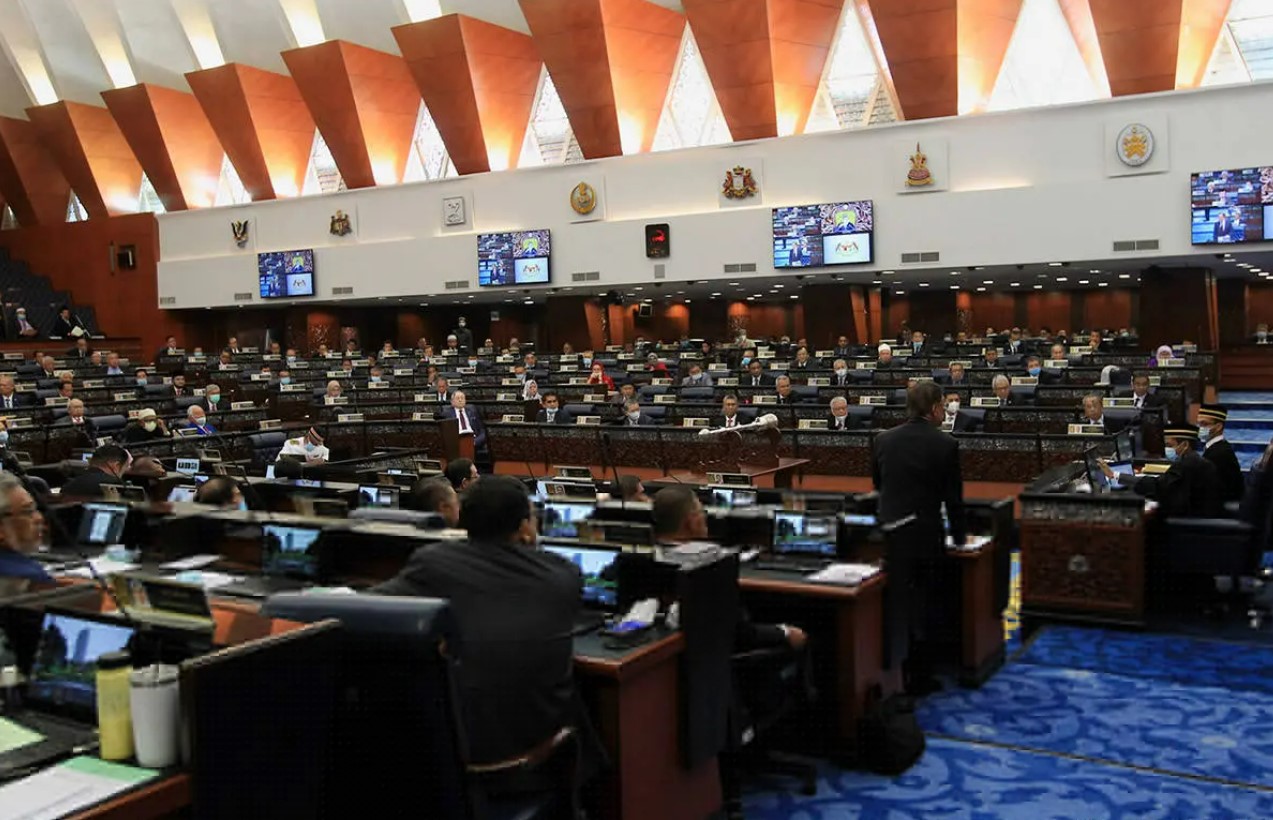PUBLIC policy researcher Maha Balakrishnan has recommended a significant shift in the power dynamics governing the frequency of Dewan Rakyat sittings. She asserted that Parliament should be granted the authority to determine the number of sittings annually, rather than the prime minister holding sole control over this matter.
“The Dewan Rakyat is no longer controlled by one party or a single coalition,” said Maha, referring to the lack of a dominant party in the current make-up of the lower house, which emerged from the last general election with a hung parliament.
Subsequently, a unity government was formed by Pakatan Harapan (PH) in collaboration with various coalitions and parties, challenging the traditional model where the ruling government exercised de facto control over decision-making processes including the scheduling of parliamentary sessions.
The call for this change comes in response to a report by FreeMalaysiaToday highlighting that the prime minister currently has discretion over the number of days Parliament convenes each year. The upcoming year is scheduled for 69 parliamentary sittings, commencing from Feb 26 and concluding on March 27.
Moreover, Maha contended that empowering MPs including those from the opposition, to determine the number of Dewan Rakyat sittings would contribute to increased governmental accountability.
“Allowing MPs, including those from the opposition, to set the number of Dewan Rakyat sittings would indirectly help in making the government more accountable.
“The lower house provides an opportunity for MPs to question the government, a role which became more relevant in the wake of scandals involving public funds, such as that of 1Malaysia Development Bhd,” she added.
“But it is difficult for MPs to utilise the authority of Parliament when the power to convene Parliament and to control the agenda of the house is in the hands of the government.”
Furthermore, Subang MP Wong Chen and political scientist Wong Chin Huat have proposed a fixed number of 100 parliamentary sittings per year, which could be implemented by amending the Parliament Standing Orders.
Wong is of the view that a 100-day session would enhance government accountability, while Chin suggested that this duration would ensure MPs have a full-time commitment rather than a seasonal one. They recommended allocating a portion of the sittings, around one-eighth or a quarter, as non-governmental business time, allowing the opposition and government backbenchers to set the agenda.
Simultaneously, former Petaling Jaya MP Maria Chin Abdullah endorsed the idea of a 100-day sitting, noting that it was a part of PH’s manifesto for the 15th General Election. – Jan 19, 2023
Main photo credit: The Edge Markets









